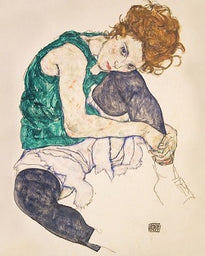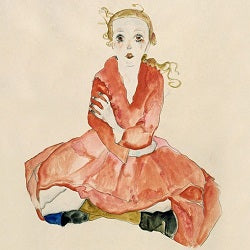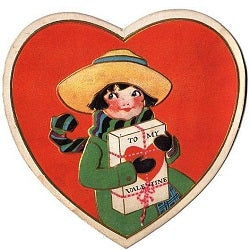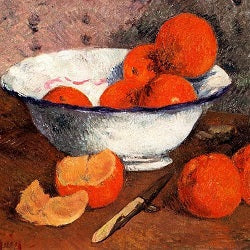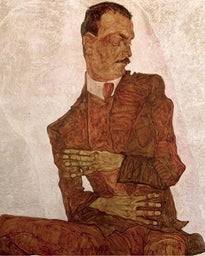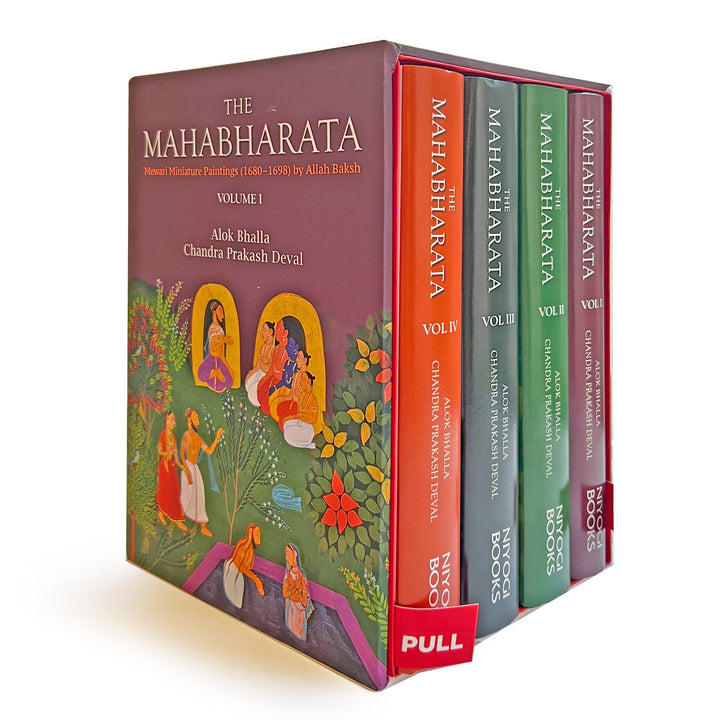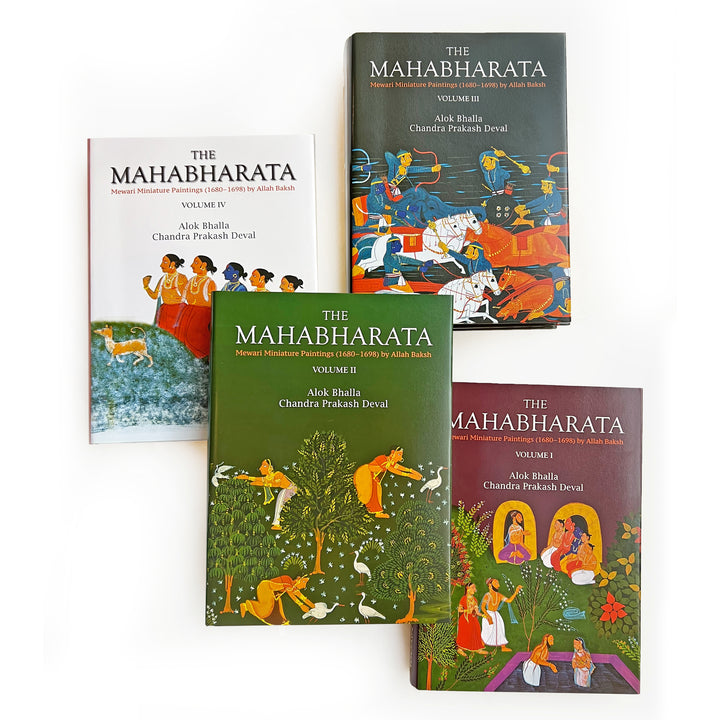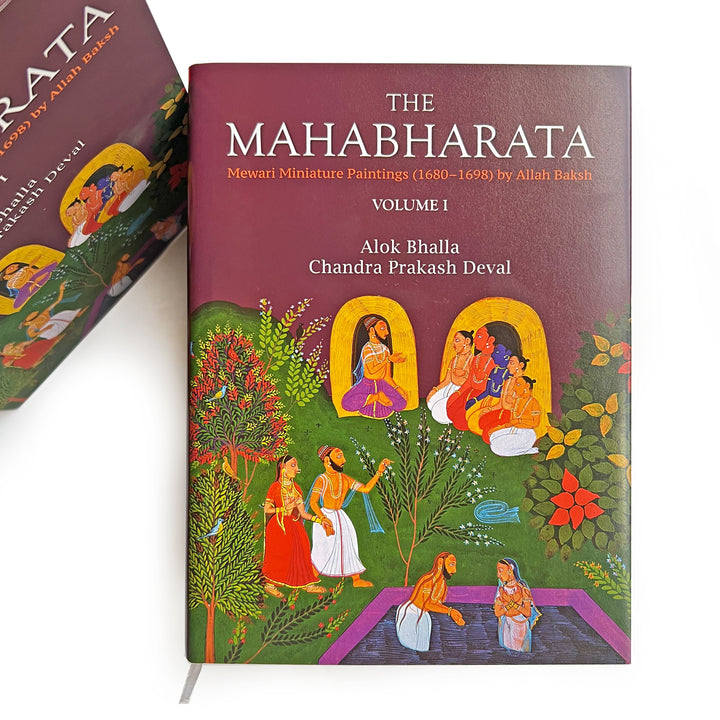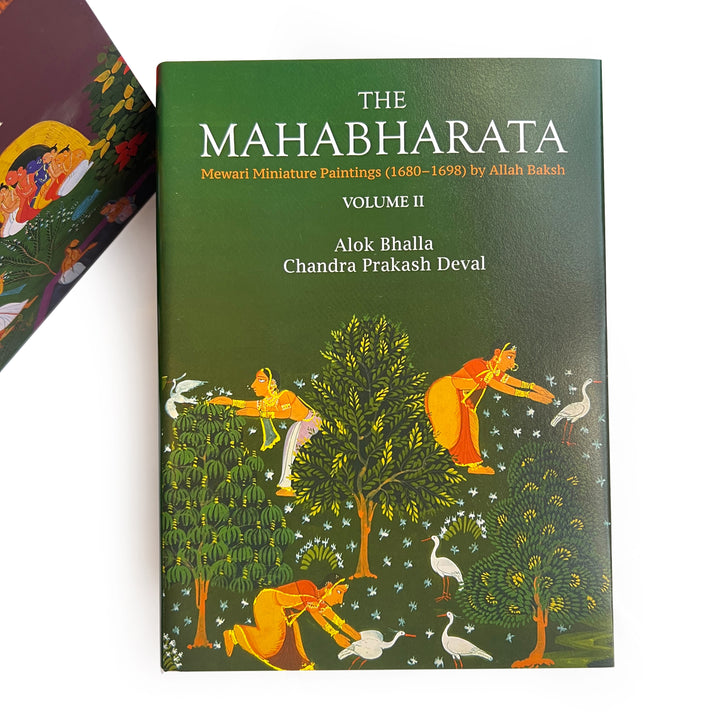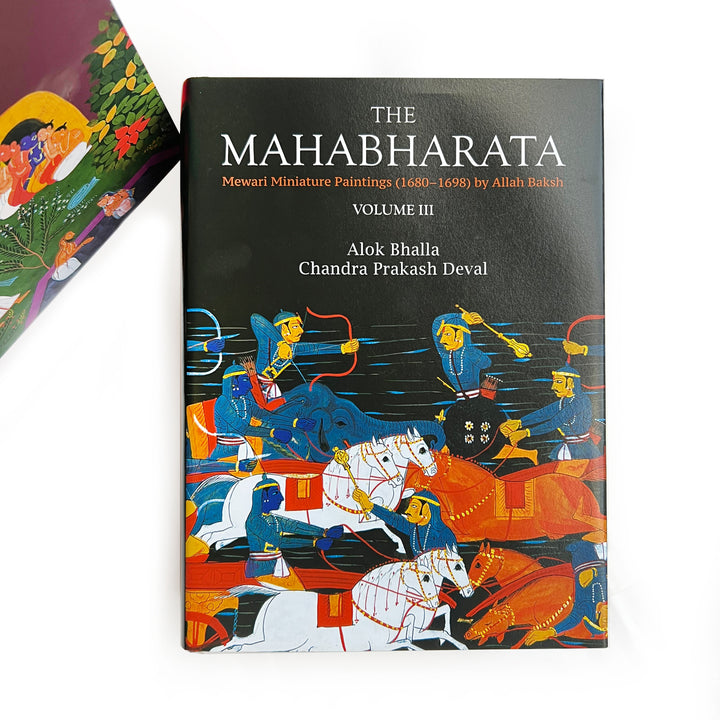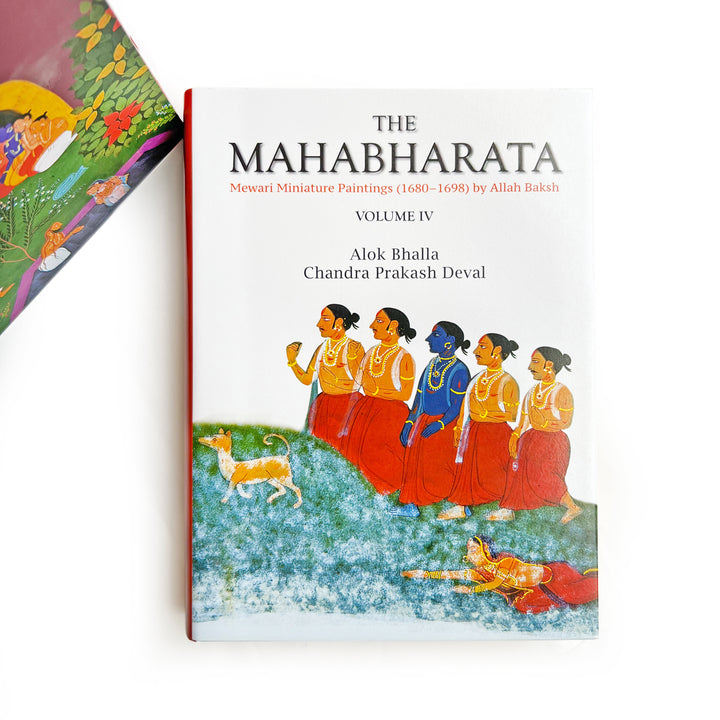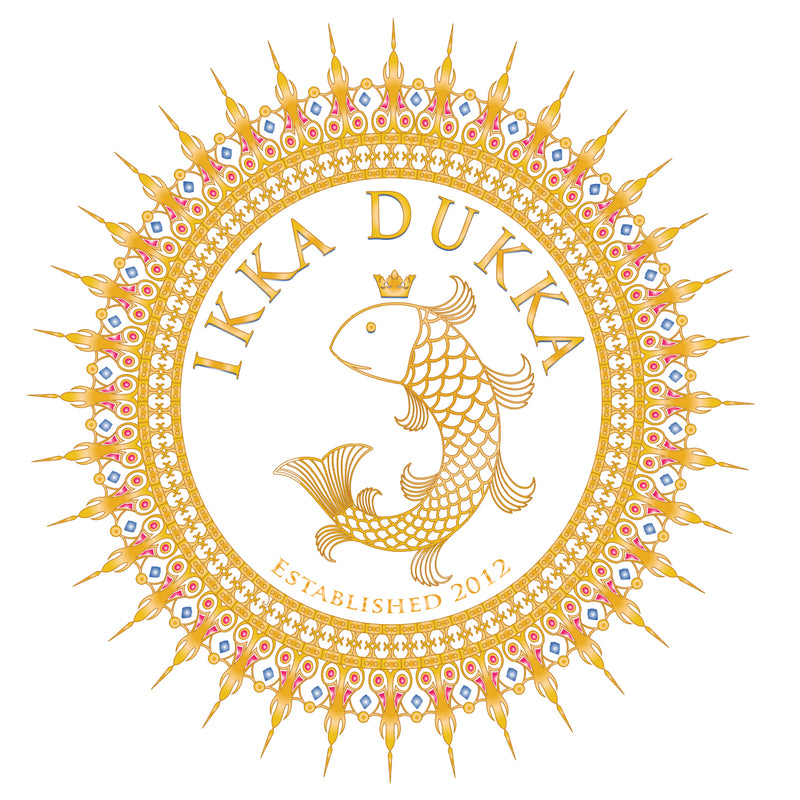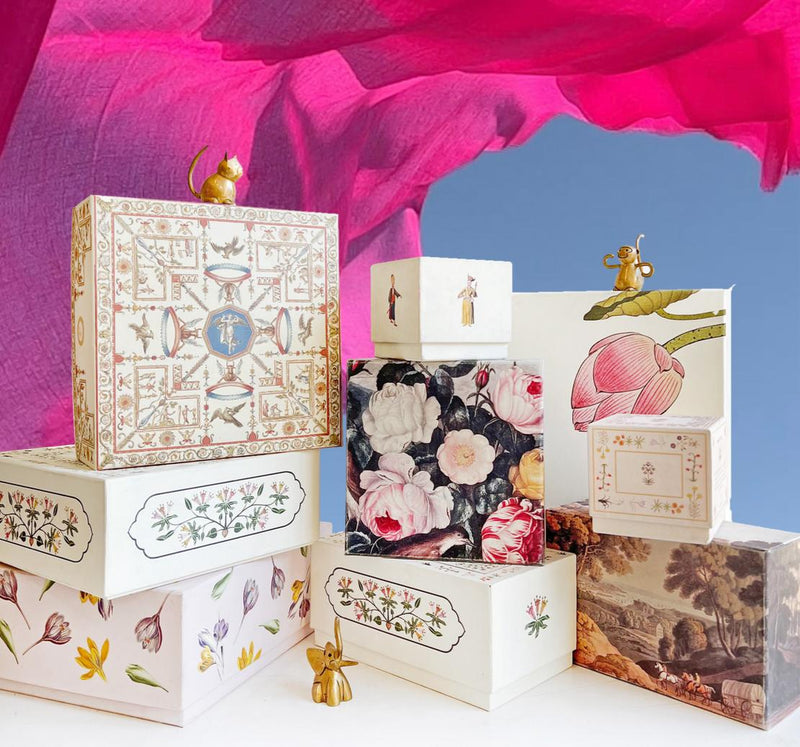Allah Baksh’s magnificent miniature paintings of Vyasa’s great epic, the Mahabharata, were commissioned by Udaipur’s Maharana Jai Singh, and painted between 1680 and 1698. The selection of nearly 2000 paintings, published in four volumes, are from a folio of more than 4000 extant works illuminating the Mahabharata. The fifth volume of 500 paintings devoted to the Gita, has already been published.
These radiant miniatures, which follow almost every story in every chapter of the Mahabharata, have no precedent in India’s art tradition. The emphasis in these paintings is not on heroic posturing and spiritual pride, but on the pain that the earth and its creatures endure when human beings tragically fail to fulfil their dharma. The images in the paintings are symbolically charged, their colours are clear and luminous, their lines are restrained and precise. Allah Baksh’s art of visionary thoughtfulness deserves an honoured place in the great library of Indian scriptures and their visual interpretations.
Introductions to the parvas illuminated in these four volumes offer reflections on the moral resonance of the stories, as they reveal the fate of a civilisation from its divine beginning to its fateful destruction. The Hindi translation of the Mewari text in the colophons, describing the story being illustrated, furthers our understanding of the history of cultural exchange between the different religions, regions and languages of India. Comments on the paintings in English enable the reader to decode the images and follow the narrative grandeur of this great Indian epic
